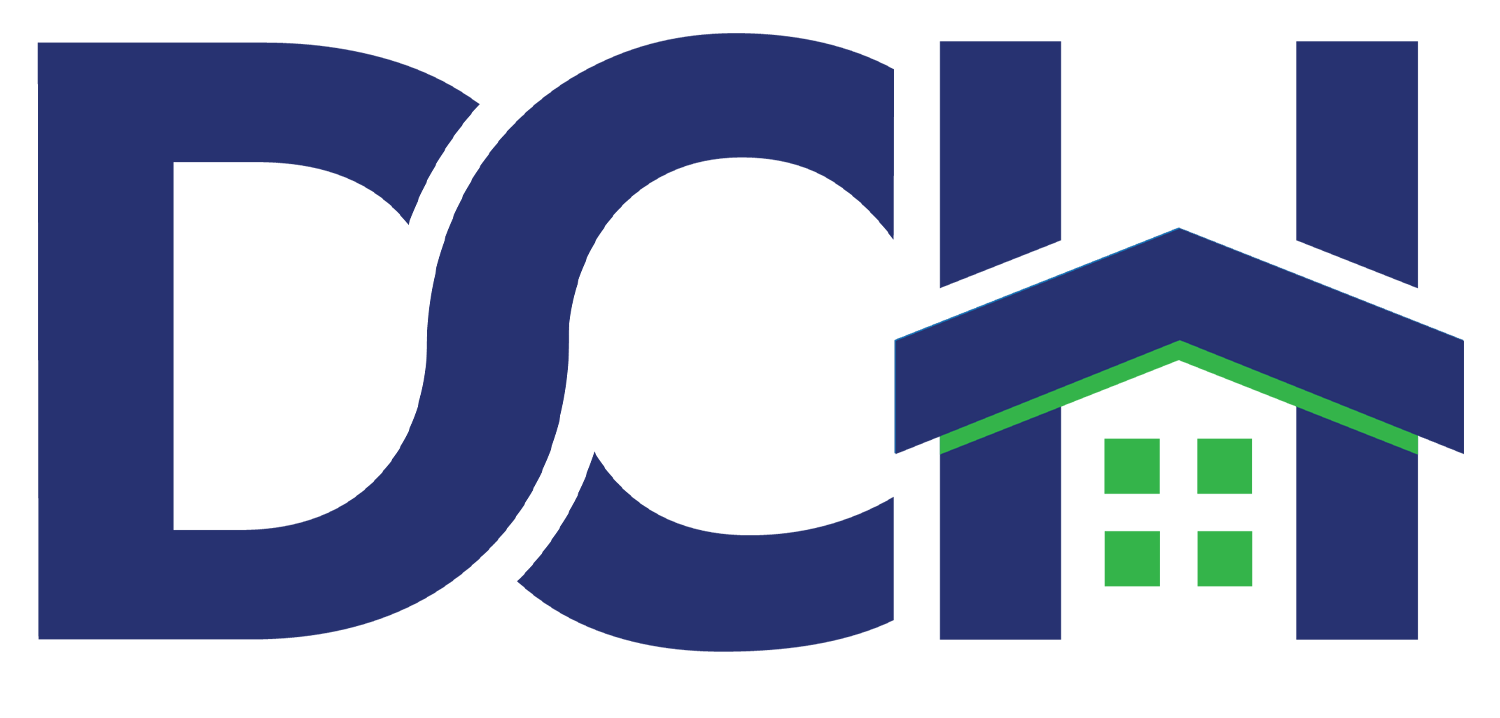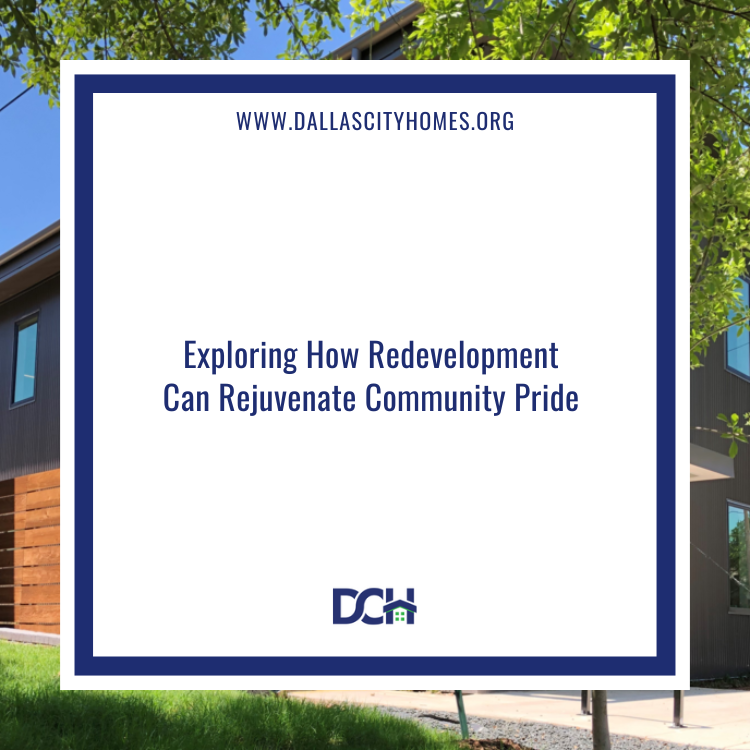Exploring How Redevelopment Can Rejuvenate Community Pride
What happens when a boarded-up theater comes back to life? Or when a beloved community center gets remodeled with innovative and fresh designs? The narrative surrounding redevelopment largely centers on adding inventory or creating new businesses in underserved areas. However, one of the biggest benefits to neighborhoods with redevelopment projects is psychological. It accomplishes more than removing blight; it reinstates community pride, trust, and economic restoration.
Preservation as Healing
The restoration of landmarks like the Forest Theater and the Park South Family YMCA carries emotional and psychological significance for the residents who live nearby. They offer a counter-narrative to years of underinvestment in Dallas. When neighborhoods see legacy buildings restored rather than demolished, it signals respect for the past and belief in the future.
CEO of Forest Forward, Elizabeth Wattley, explained, “People now believe something is possible here.” The belief alone is powerful. Children walking past construction sites no longer see ambition overshadowed by decay, and as with Park South, they see care and community over blight.
Small Business Benefits in Reused Spaces
Redevelopment also opens new doors for small businesses and entrepreneurs. The new Forest Theater campus will feature a BIPOC-owned coffee shop and studio spaces for local creatives. Reimagined spaces reduce overhead and risk for small business owners while embedding them in environments rich with foot traffic, culture, and community energy.
Additionally, the YMCA’s commercial kitchen will support its food distribution program and create opportunities for local food entrepreneurs to step into community service and small-scale production. These facilities can serve as hubs for economic mobility, giving local businesses space to grow in tandem with the community.
Fostering a Sense of Belonging
Choosing to renovate over replace is a radical act that rebuilds a sense of belonging. Redevelopment communicates to communities: you belong here, and your place within this community is valued. It says that what already exists is worthy, not just of preservation, but of investment and reinvention. This means residents aren’t overlooked; they are welcomed.
Psychology of a Place
Reinvestment in historic structures reinvests in people who remember them. The collective community therapy underscores the story of South Dallas and its inhabitants as important to the future. South Dallas is an example that redevelopment and adaptive reuse projects are not just about improving and recognizing architecture, but also about honoring the legacy of the past. Use what we have to build what we need, and not leave communities behind.
Overview of the Forest Theater
The Forest Theater once welcomed music legends like Tina Turner, Prince, and Erykah Badu, and after years of dormancy, it is the heart of an $80 million adaptive reuse initiative led by Forest Forward. Forest Forward is a nonprofit organization dedicated to revitalizing South Dallas from within, and the Forest Theater is an incredible project.
Set to reopen by 2026, the reimagined 66,000-square-foot theater will house two performance venues (seating 1,000 and 200 patrons), a 13,000-square-foot STEAM education center, a rooftop terrace with skyline views, a BIPOC-owned coffee shop, and movement and recording studios.
Overview of the Park South YMCA
The Park South Family YMCA in the Queen City neighborhood is also making history as the first full YMCA facility rebuilt in the area. This is a milestone in the YMCA of Metropolitan Dallas’ strategic growth plan, and the 38,000-square-foot facility is now open.
Features of the new YMCA include an indoor pool for youth swim programs, a commercial-grade kitchen for food assistance, a dedicated preschool wing, a gymnasium, youth sports facilities, and community gathering spaces. Preservation communicates, You belong here and you always have. Read more on the DCH blog.

